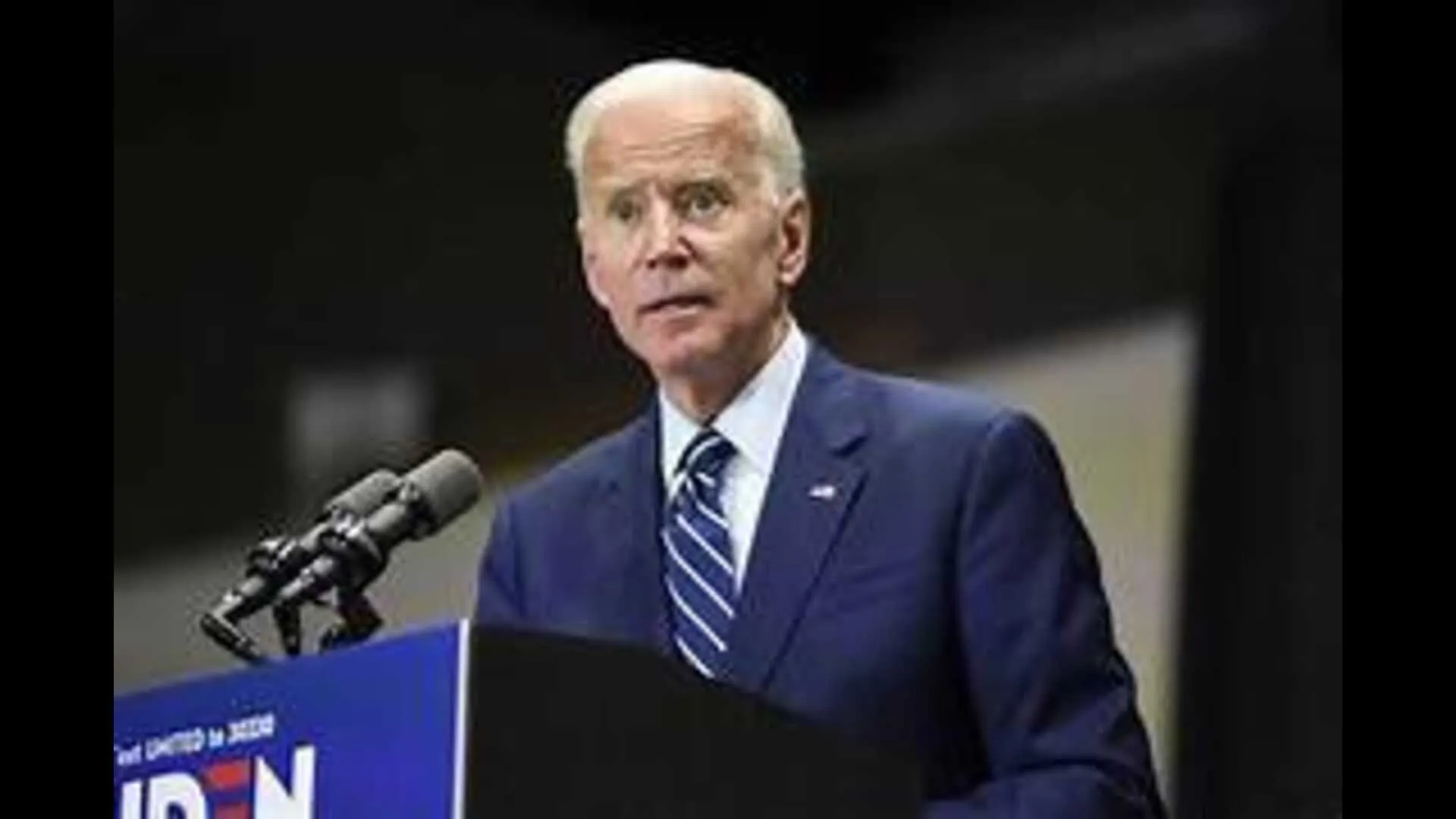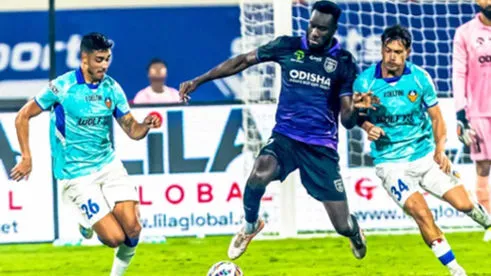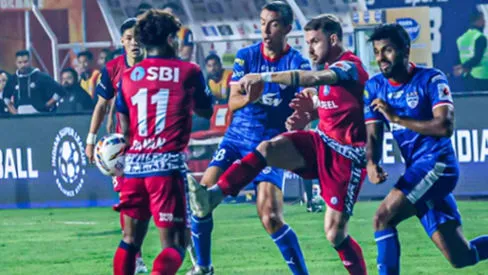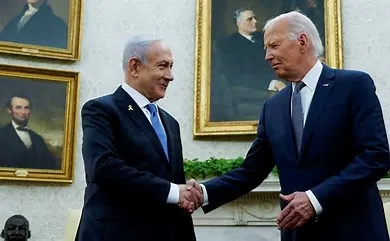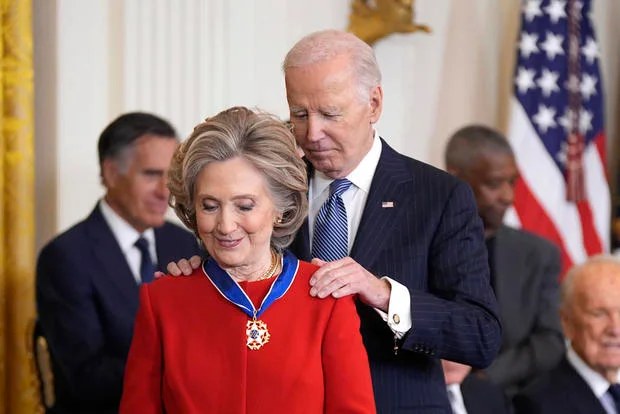It goes without saying that all the Trial Court Judges in India must certainly pay heed to what the Indore Bench of Madhya Pradesh High Court has most rightly, reasonably, remarkably and recently on July 30, 2021 held in a latest, learned, laudable and landmark judgment titled Sachin s/o Dinesh Parmar vs State of Madhya Pradesh in Miscellaneous Criminal Case No. 35901-2021 that it is expected from the Judges of the Trial Court to be patient and tolerant in their approach towards the Trial Court lawyers during the examination of witnesses. It must be apprised here that the Single Judge Bench comprising of Justice Subodh Abhyankar has observed thus in a matter challenging the order passed by an Additional Sessions Judge whereby the right of the petitioner accused to cross-examine the Investigating Officer had been closed. Very rightly so!
To start with, the Single Judge Bench of Justice Subodh Abhyankar of Indore Bench of Madhya Pradesh High Court sets the ball rolling by first and foremost stating the purpose of the petition in para 1 wherein it is put forth that, “This Miscellaneous Criminal Case has been filed by the petitioner under Section 482 of the Cr.P.C. being aggrieved by the order dated 6.1.2021 passed by the learned IIIrd Additional Sessions Judge, Barwah in S.T.No.116/2013 whereby the right of the petitioner/accused to cross examine the Investigating Officer has been closed.”
To put things in perspective, the Bench then puts it plainly in para 2 that, “Brief facts giving rise to the present petition are that the petitioner is facing the trial for offence under Sections 342, 366, 376 of the IPC in the Court of IIIrd Additional Sessions Judge, Barwah, District Khargone wherein the Investigation Officer, P.W./15 D.K. Tiwari was being examined and in the course of his cross examination on 6.1.2021, a question was asked by the counsel appearing of the petitioner/accused which, according to the learned Judge of the trial court, was a matter of argument only and was not relevant. Hence, on this question the learned Judge of the trial court directed the counsel appearing for the petitioner not to ask such irrelevant questions, otherwise his right to cross examine the witness can be closed. However, when the subsequent question was asked by the counsel for the petitioner, which according to the learned Judge was also irrelevant, the learned Jude closed the right of the petitioner/accused to cross examine the witness vide impugned order dated 6.1.2021.”
On the one hand, the Bench then points out in para 3 that, “Counsel for the petitioner has submitted that the questions which were put to the Investigating Officer were relevant and even otherwise the learned Judge of the trial court ought not to have closed the right of the petitioner which is a valuable right and all the more important in a serious offence like Section 376 of IPC. Thus, it is submitted the impugned order be quashed and the learned Judge of the trial Court be directed to allow the petitioner to cross examine the Investigating Officer.”
On the contrary, the Bench then states in para 4 that, “On the other hand, counsel for the respondent/State has opposed the prayer and it is submitted that no illegality has been committed by the learned Judge of trial Court in passing the impugned as it is necessary for the court also to curb such practice of asking irrelevant questions in the cross examination.”
To be sure, it would be germane to now mention that the Bench then holds in para 6 that, “A bare perusal of the aforesaid proceeding and the subsequent order passed by the learned Judge of the trial court leaves no manner of doubt that viewed from any angle, the impugned order cannot be sustained in the eyes of law as it defeats the entire purpose of the right of an accused to cross examine the witness. It is apparent that only one question was asked by the counsel for the petitioner prior to the impugned order was passed and regardless of its admissibility or relevance, the learned Judge of the trial court ought not to have closed the right of the petitioner to cross examine the witness. It is trite that cross-examination is the only tool available to a defence lawyer to test the veracity of a prosecution witness, it is the only way out to an accused to clear his name from the alleged offence hence his right to cross examine a witness cannot be curtailed in such a cavalier manner.”
Most significantly and also most remarkably, what forms the cornerstone of this notable judgment and is like an icing on the cake is then envisaged in para 7 wherein it is elegantly, eloquently and effectively held that, “Having said so, this court is also of the considered opinion that cross-examination of a witness is an art which, though, can be performed by any lawyer in a black coat but it is very difficult to master the same as it takes years of hard work and exposure to trials that one can have some expertise in it. It is only through a long and hard exercise of trial and error method that a lawyer learns the art of cross examination but if the judge presiding over the matter is impatient or edgy, it not only culminates into an order like the impugned one, but also hampers the overall learning process or grooming of a lawyer who, before becoming an expert trial court lawyer, is bound to falter many a times by asking irrelevant or inadmissible questions to a witness in the box. Thus, it is expected from the judges of the Trial court to be patient and tolerant in their approach towards the Trial Court lawyers during the examination of witnesses.”
What also cannot be glossed over is then stated in para 8 wherein it is put forth that, “In the considered opinion of this Court, if the learned Judge was of the opinion that despite his warnings the counsel appearing for the petitioner has continued to ask irrelevant questions, then other modes were also available to the learned Judge of the trial court as are prescribed in the Evidence Act, 1872 from Sections 146 to 152 and in some exceptional cases, the learned judge may also resort to the measure like imposing cost on the counsel for repeatedly and recklessly asking the irrelevant and inadmissible questions but, instead of taking resort of such procedure, the learned Judge has closed the right of the accused to cross examine the witness, which cannot be countenanced in the eyes of law.”
Finally, the Bench then holds in para 9 that, “In view of the same, the impugned order being contrary to law cannot be sustained and is hereby quashed. The learned Judge of the trial Court is also directed to recall the Investigating Officer, P.W.15 D.K. Tiwari and allow the counsel for the petitioner to cross-examine him. It is made clear that if any irrelevant question is asked by the counsel appearing for the petitioner, the learned Judge would be at liberty to take appropriate steps as are permissible under law. With the aforesaid, the present M.Cr.C. stands allowed. Certified copy, as per rules.”
With due respect to all the Trial Court Judges in India, it must be said or rather underscored that not a single of them should ever miss what is contained so convincingly, commendably and cogently in this brief, brilliant, balanced and bold judgment by Justice Subodh Abhyankar. The bottom-line of this notable judgment is this: The least that is expected from Trial Court Judges is to be patient and tolerant towards lawyers during examination of witnesses. No one is born perfect. Lawyers also learn by “trial and error”.
To say the least, this is most beautifully elaborated upon in para 7 as stated hereinabove and all the Trial Court Judges must definitely pay heed to it. It merits no reiteration that Judges should not be impatient or edgy under any circumstances as has been underscored also in this notable judgment. Without doubt, this will not just give an opportunity for lawyers to improve upon but also enhance the reputation of the Judge among the lawyer fraternity which is quite essential also for a Judge to conduct his proceedings in the Court smoothly without facing any brouhaha on very trivial issues.
No doubt, it has also been made absolutely clear in this noteworthy judgment that if the lawyer asks repeatedly and recklessly some very irrelevant and inadmissible questions the learned judge has the option to also resort to some viable measures like imposing cost on the lawyer but closing the right of the accused to cross examine the witness, which cannot be countenanced in the eyes of law is certainly not advisable. All the Trial Court Judges must certainly pay heed to what the Single Judge Bench of Justice Subodh Abhyankar of the Indore Bench of Madhya Pradesh High Court has held so elegantly, eloquently and effectively in this leading case also! They will themselves stand to gain the most if they prefer to do so and so will the lawyers also! This will be in the overall interests of the smooth functioning of the judiciary also! There can certainly just be no denying or disputing it!






